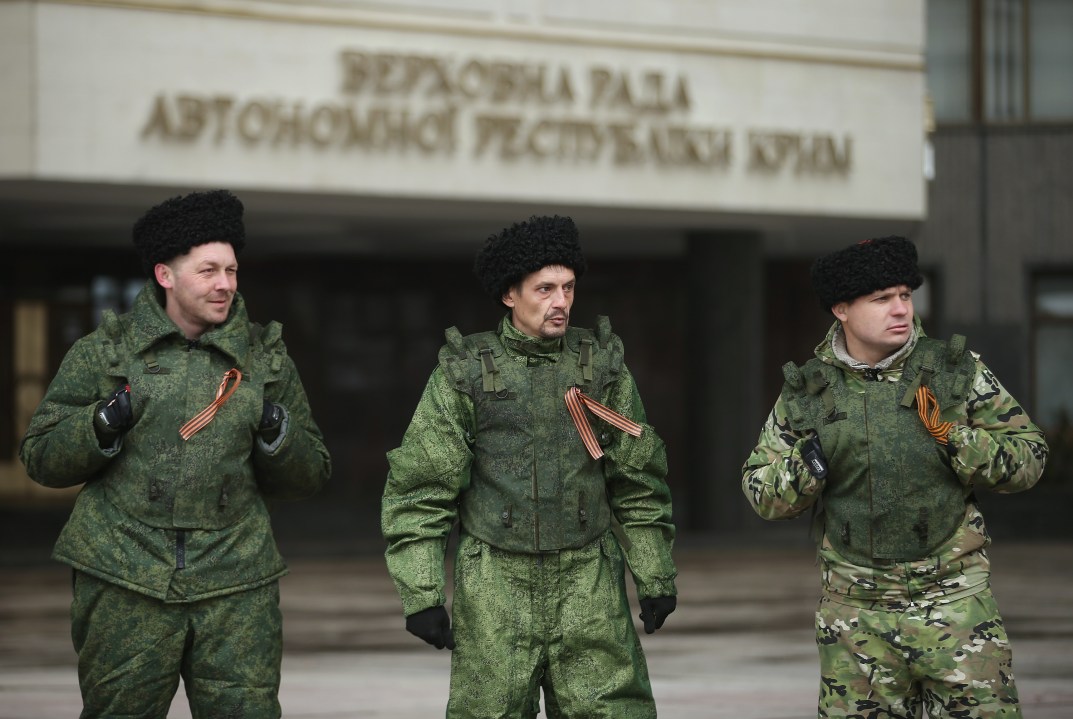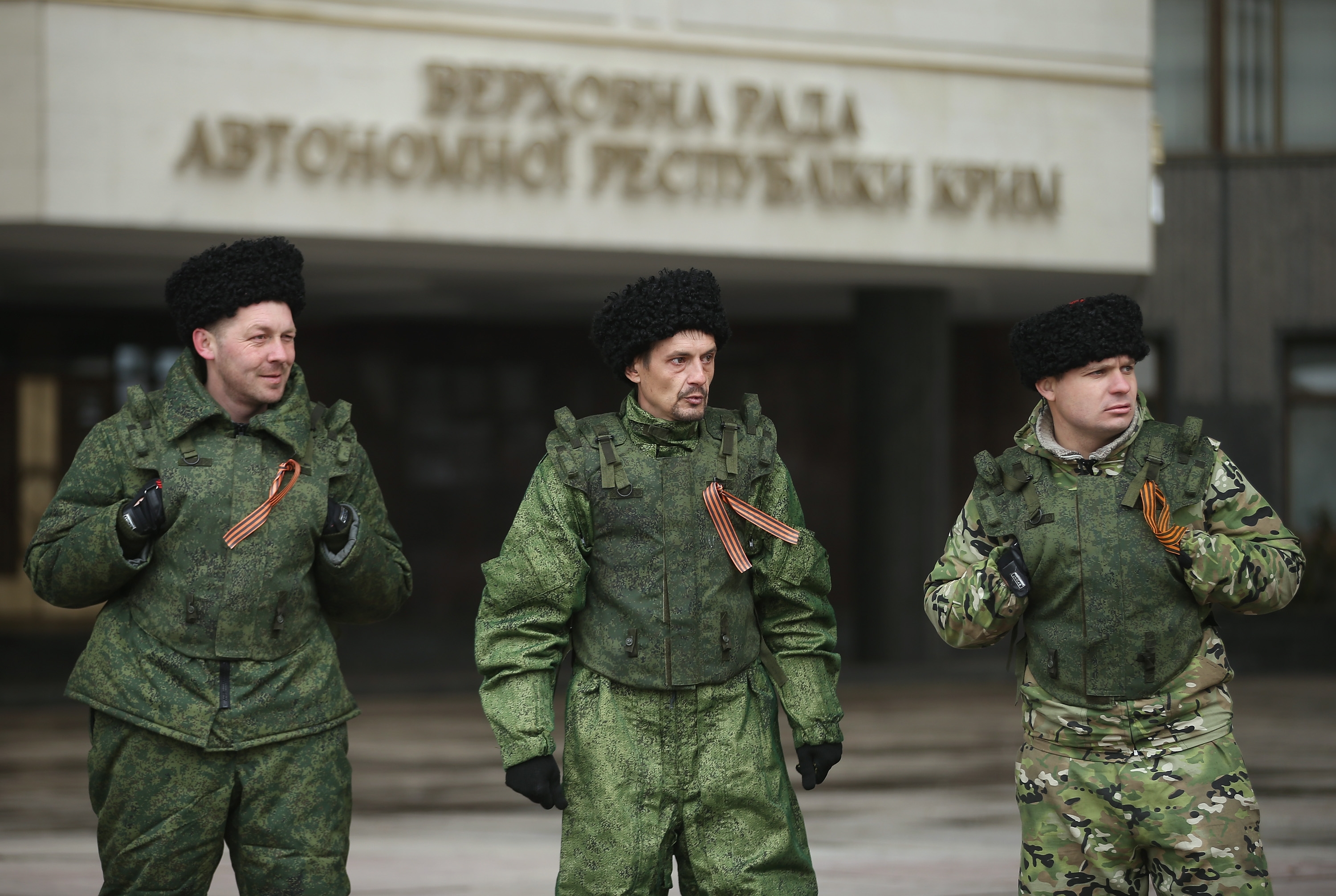Tick tock. Tick tock. Time is running out in the Ukraine. Time passes and cements the “facts on the ground”. Russia controls the Crimea and, one way or another, we should probably expect the province’s referendum to endorse a return to Moscow Centre. Whether Crimea’s plebiscite can or will be conducted honestly is a different matter but that, in the end, is not the most important issue.
Indeed the fate and future of Crimea is, if hardly an irrelevance, a question of secondary importance. It is not the major front in this struggle. Russia’s actions in the Crimea are plainly illegal and unjustified but they were supposed to be the catalyst for action elsewhere.
As John O’Sullivan says in his admirable article for this week’s magazine, what has not happened is even more important than what has occurred. Eastern Ukraine has not risen. At least not yet. There has been no insurrection, no repudiation of the new government in Kiev. No great clamour for partition.
These facts on the ground are being cemented too. With each passing day it becomes more, not less, difficult for Russia to force a confrontation in eastern Ukraine. The stakes increase with each day of relative calm; the costs of such a confrontation become ever clearer and ever greater.
Calm, even of a relative and tense kind, is Russia’s enemy. Perhaps Moscow will gain the Crimea but only, at least for now, at the expense of its own long-term ambitions in its near abroad. Indeed Moscow’s aggression may prove counter-productive, effectively ensuring Russia cannot achieve its own goals. Heckuva job, Vladimir.
If the east were to rise, best it rose quickly. But it has not risen and time is not on Russia’s side. Each day that passes without a fresh confrontation is time Moscow loses – time, too, that it can scarcely afford to lose. Time is Moscow’s enemy and Kiev’s friend. Even in the spring. If Russia was to bring Ukraine back into the fold it needed to do so quickly by winning a swift victory in decisive, indisputable, fashion.
The longer the status quo holds in unoccupied Ukraine, the harder it becomes for Russia to justify fresh encroachments upon Ukrainian sovereignty. Time buys room for the new government in Kiev to consolidate its position and time, too, for the EU, the United States and other interested parties to calculate their response to Moscow’s provocation.
And the west has more options available than is sometimes thought. Some pain can be inflicted upon Russia. Enough certainly to increase the costs and consequences of fresh aggression. Enough to make Putin think carefully. That the Russian president says US-Russian relations should not be damaged by this crisis suggests he is aware of the implied costs of fresh adventurism. Indeed, you could even say it shows Putin on the defensive.
In any case, more jaw jaw cools temperatures and bringing the situation back to a boil will prove more difficult than you might imagine. In any fresh action, Russia’s claims to have acted reasonably and proportionately will be even more threadbare than their self-proclaimed right to act in the Crimea.
Perhaps Kiev will blunder. Perhaps the Americans and the EU will over-reach themselves too. Perhaps a spark will set eastern Ukraine ablaze. But Putin is in a bind right now, albeit one of his own construction. It is Moscow, not Kiev that needs to find a face-saving way out of this crisis.
Be that as it may, it seems quite possible – in as much as one can be certain of anything in this kind of drama – that Moscow’s best opportunity to ruin Ukraine has already passed. And Ukraine has not been ruined. Indeed it may be that Moscow has inadvertently created conditions for greater unity within Ukraine than would otherwise or have previously been the case.
Despite what some people seem to think, Ukraine is a real place, a real country and possesses a real and distinct sensibility. Russia is reminding Ukrainians of those facts.
So, yes, tick tock, tick tock. The clock is running and time is not on Vladimir Putin’s side.








Comments